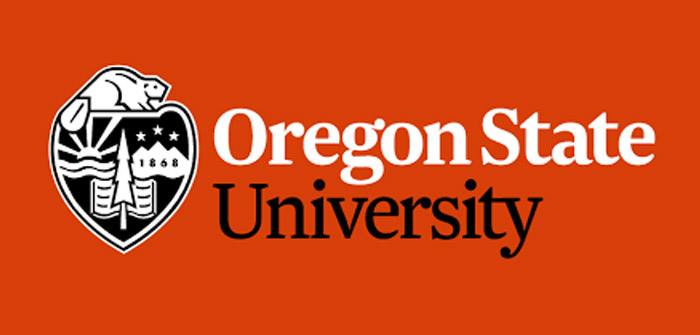Oregon State University is one of three institutions worldwide selected to host a five-year international training program to support climate leaders within national governments in meeting goals established under the 2015 Paris Climate Agreement.
“The training will reach individuals who make substantial contributions to national-level climate policy and implementation efforts and could benefit from additional support,” said Erica Fleishman, an Oregon State professor who is leading the university’s effort. “Oregon State is an international leader in climate change research and policy evaluation, making us a natural fit for a program like this.”
The Climate Action and Support Transparency Training Adaptation Academy is an initiative of the United Nations Framework Convention on Climate Change, or UNFCCC, and the Corvallis-based Alliance for Global Water Adaptation.
The Adaptation Academy will offer instruction on planning, executing and evaluating progress on nationally determined contributions to reducing the threat of climate change, said Fleishman, who also is director of the Oregon Climate Change Research Institute.
Nationally determined contributions, or NDCs, are the primary mechanism by which countries set and achieve goals for mitigating and adapting to climate change under the Paris Agreement. Many countries identified in-depth training on the technical aspects of assessments, planning, policy development and coordination across governments as a need for successful implementation of the agreement.
Along with the UNFCCC and AGWA, collaborators on the project are the Korea Environment Institute and three host universities. AGWA’s role is to develop the global curriculum across the three host institutions.
Oregon State primarily will train representatives from North, Central and South American and Caribbean countries, with an emphasis on lower-income countries that have fewer existing training resources, Fleishman said. The IHE Delft Institute for Water Education in the Netherlands will serve the Africa-Europe region, and the Asian Institute of Technology in Thailand will serve the Asia-Pacific region.
The Adaptation Academy will launch Sept. 24 during Climate Week NYC, an annual event sponsored by the nonprofit Climate Group in partnership with the city of New York and COP26, the United Nations’ 2021 climate change conference.
Due to COVID-19, instruction during the academy’s first year will be conducted online for a week in early autumn this year. In subsequent years, organizers anticipate hosting about 30 participants for four weeks of in-person instruction at Oregon State.
“Although every country faces important and sometimes dire climate impacts like intensifying wildfires and sea level rise, the Adaptation Academy represents the first program globally aimed at national decision-makers and delivered in partnership with the UNFCCC,” said John Matthews, AGWA’s executive director. “We chose Oregon State to be a regional partner because water resources are the deep blue heart of how our economies, ecosystems and communities address climate change, and Oregon State is a world leader on water resources.
“We also expect that bringing regional leaders together with scientists and policy specialists can catalyze new knowledge about how we share and implement transformational solutions to meet the challenges of climate change.”
Oregon State University faculty are developing a new curriculum for the Adaptation Academy that will draw on the university’s expertise in the physical, social and biological sciences related to climate and water. The curriculum will focus on topics of high priority for the Americas.
“Oregon State faculty and researchers have expertise in myriad facets of climate change adaptation, such as climate dynamics, management of water resources, coastal zones and agriculture, and we can also draw on the expertise of colleagues across the hemisphere,” said Aaron Wolf, a professor of geography in OSU’s College of Earth, Ocean, and Atmospheric Sciences, and an international expert on water conflict.
“Our research regularly informs adaptation to climate change in Oregon and the Pacific Northwest and our faculty are also active in global initiatives, including regular collaboration with the United Nations and the World Bank,” he said.
Oregon State’s team will collaborate with the UNFCCC Secretariat, AGWA, the Korea Environmental Institute and the other two host universities on development and delivery of instruction.




